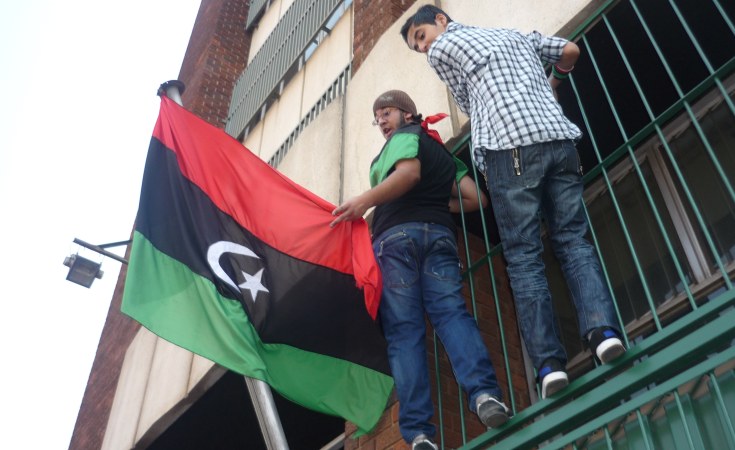Cape Town — South Africa withdrew its opposition late Thursday to the unfreezing of U.S. $1.5 billion in Libyan assets after intensive negotiations at the United Nations and telephone consultations between foreign minister Maite Nkoana-Mashabane and U.S. Secretary of State Hillary Rodham Clinton.
The money will be used to meet humanitarian needs identified by the UN and to pay for fuel costs for civilian needs, other humanitarian costs and for social services including education and health.
A UN sanctions committee on Libya approved the lifting of the freeze after a compromise was negotiated to overcome South Africa's concern that the step implied international recognition of Libyan opposition forces as the country's government.
In a statement issued by the South African foreign ministry on Friday, the government said it had "expressed reservations" about unfreezing the assets "in a manner that could suggest that the Security Council had recognized the National Transitional Council (NTC), while neither the United Nations nor the African Union had made such a determination."
An unidentified American official told a news briefing on Thursday that although the U.S. believed it could have pushed a resolution unfreezing assets through the Security Council against South Africa's opposition, it had compromised because it did not want to appear to be acting unilaterally.
Wording in documentation which referred to the transitional council was replaced with a reference to "the relevant Libyan authorities," according to the U.S. official.
The South African foreign ministry said the step had excluded "any form of recognition of the NTC". But the U.S. official said the change in wording "doesn't make a difference, and in fact, it's slightly more flexible given the fact that we expect that in coming days and weeks, the TNC itself will transform into an interim governing authority in Libya and will change its name when it expands."
In Addis Ababa, the African Union's Peace and Security Council is scheduled to meet on Friday to discuss the Libyan crisis. South Africa's President Jacob Zuma will be among the African leaders attending the meeting.
The foreign ministry said in its statement that "South Africa has always supported the approach of the African Union to pursue an all-inclusive peaceful political solution to the Libyan crisis and rejects any narrative towards regime change." NIgeria and Ethiopia are reportedly urging the AU to recognize the National Transitional Council.


